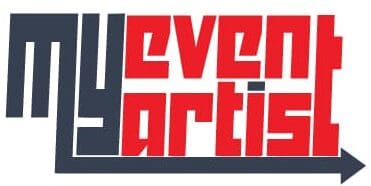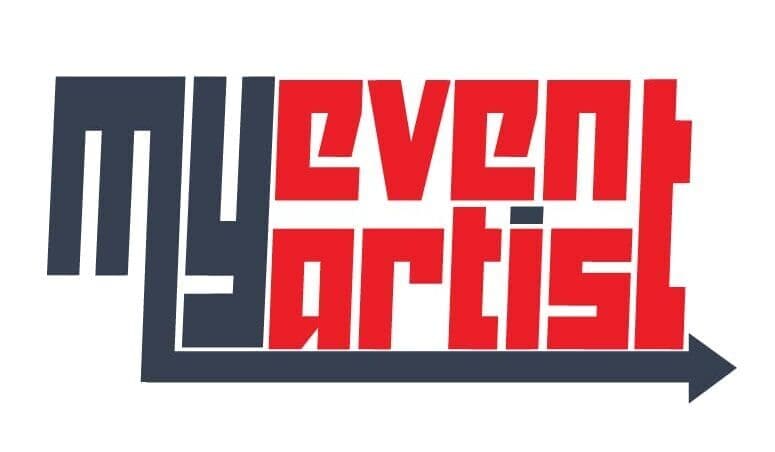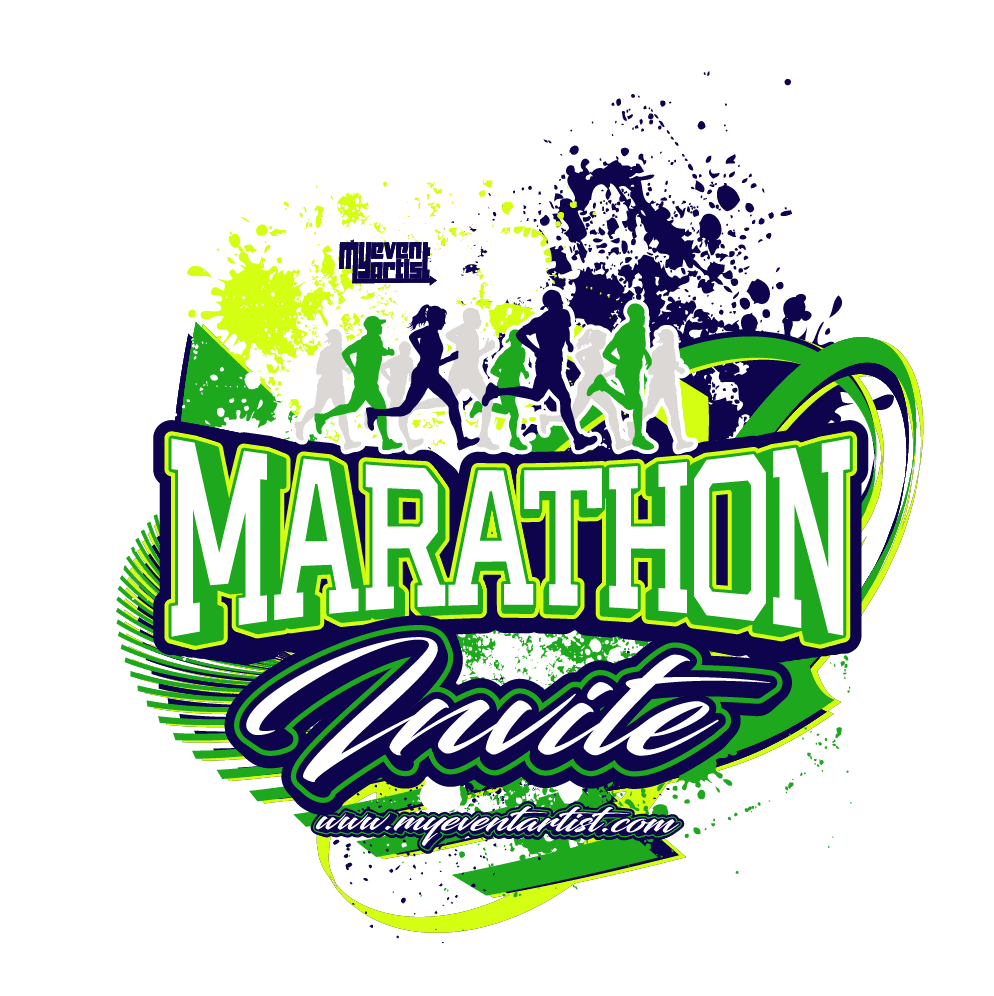Marathon running is not just a test of physical endurance; it’s a journey that embodies perseverance, community, and the spirit of human achievement. Named after the legendary run of Pheidippides from the battlefield of Marathon to Athens, the marathon has evolved into one of the most celebrated athletic events worldwide. Whether you’re a seasoned runner, a beginner contemplating your first race, or simply an admirer of the sport, this guide will explore the essential aspects of marathon running and the vibrant culture surrounding it.
1. The Objective of a Marathon
The primary goal of a marathon is to complete a distance of 26.2 miles (42.195 kilometers) in the least amount of time possible. Runners must combine endurance, strategy, and mental fortitude to complete this formidable distance, typically within a time limit of 6 to 8 hours for most sanctioned races. Competitive runners aim for personal bests or qualifying times for major events, while others may participate for fitness, charity, or the sheer joy of running.
2. The Anatomy of a Marathon
Understanding a marathon’s structure can help runners better prepare for the challenge:
- Course: Marathon courses can vary greatly in terrain and elevation, from flat city routes to hilly trails. Runners should research the course profile to plan their training and race strategies effectively.
- Aid Stations: Most marathons have several aid stations along the route, providing water, sports drinks, energy gels, and medical support. Knowing where these stations are located can help runners plan their hydration and nutrition needs.
- Start Line and Finish Line: The race begins with a mass start, often accompanied by energy and excitement. The finish line represents not only the end of the race but also a significant personal achievement for each runner.
3. Training for a Marathon
Training is essential for successfully completing a marathon:
- Building a Training Plan: Training typically lasts 12 to 20 weeks, depending on the runner’s experience level. A well-rounded training plan will include long runs, speed workouts, rest days, and cross-training to build endurance and prevent injuries.
- Long Runs: Key to marathon preparation, long runs should gradually increase in distance and occur weekly. They help the body adapt to running greater distances while improving mental toughness.
- Speed Work: Incorporating intervals or tempo runs into training schedules can enhance pace and improve overall race performance. These workouts help build strength and cardiovascular fitness.
- Tapering: As the race date approaches, a tapering period allows the body to recover while maintaining fitness levels. This phase typically involves reducing mileage and intensity in the final weeks leading up to the marathon.
4. Nutrition and Hydration
Proper nutrition and hydration are vital components of successful marathon training and race day performance:
- Pre-Race Nutrition: Runners should focus on a balanced diet rich in carbohydrates, proteins, and healthy fats. Carb-loading in the days leading up to the race can help maximize glycogen stores, providing essential energy.
- Race Day Fueling: Finding the right balance of hydration and energy sources during the marathon is crucial. Many runners use energy gels, sports drinks, and electrolyte tablets during the race to sustain energy levels.
- Post-Race Recovery: After completing a marathon, proper recovery nutrition is essential to help the body heal. Consuming a mix of carbohydrates and protein within 30 minutes of finishing can aid recovery.
5. The Role of Mental Preparation
Mental toughness is as important as physical fitness in marathon running:
- Visualization Techniques: Many successful runners practice visualization to mentally prepare for the race. Imagining oneself running confidently and crossing the finish line can enhance motivation and reduce pre-race anxiety.
- Positive Self-Talk: Developing a positive internal dialogue can help runners overcome race day jitters and maintain focus throughout the marathon. It’s important to remind oneself of training achievements and capabilities.
- Breaking the Race into Segments: Mentally dividing the marathon into shorter sections can make the distance feel less daunting. Setting incremental goals allows runners to maintain motivation and focus on the finish.
6. The Marathon Community
The culture surrounding marathons is rich with community spirit and support:
- Running Clubs: Many cities have local running clubs that provide support, camaraderie, and structured training groups for runners of all levels. Joining a running club can enhance motivation and foster friendships.
- Charity Runs: Many marathons partner with charities, encouraging runners to raise funds for various causes while training and racing. This aspect adds a sense of purpose and community to the marathon experience.
- Expo Events: Most marathons host health and fitness expos leading up to the race, showcasing products, services, and opportunities to connect with fellow runners and brands.
7. Participating in a Marathon
For many, crossing the finish line of a marathon is a life-changing experience:
- Race Day Logistics: Preparing for race day involves planning for travel, organizing gear, and arriving at the start line on time. Familiarity with the event logistics can help alleviate stress.
- Pacing Strategies: Developing a pacing strategy is critical for maintaining energy levels throughout the race. Many runners utilize negative splits (running the second half of the race faster) to improve performance.
- Enjoying the Experience: While many runners focus on their time, taking moments throughout the race to appreciate the atmosphere, encouragement from spectators, and fellow runners can make the experience even more rewarding.
8. Famous Marathons Around the World
Some marathons are renowned for their history, scenery, or competitive field:
- Boston Marathon: The world’s oldest annual marathon, known for its challenging course and prestigious qualifying standards. The race draws elite runners from around the globe every April.
- New York City Marathon: One of the largest marathons, offering breathtaking views of the city and drawing thousands of participants and cheering spectators. It’s an iconic event celebrated every November.
- Chicago Marathon: A flat and fast course that is popular among those seeking personal bests and qualifying times for Boston. It showcases the vibrant neighborhoods of Chicago each October.
- London Marathon: Known for its scenic route through historic landmarks, this marathon attracts elite athletes and thousands of runners. It takes place every April and showcases the city’s spirit.
9. The Joy of Finishing
Completing a marathon is a monumental achievement:
- Crossing the Finish Line: The moment of crossing the finish line is often emotional, representing the culmination of months of hard work, determination, and personal commitment.
- Post-Race Celebrations: Many runners celebrate their accomplishment with family and friends, often reflecting on their journey and plans for future races.
- Medals and Recognition: Finishing a marathon typically comes with a medal, signifying the achievement. Many runners proudly display these medals as reminders of their dedication and perseverance.
10. Conclusion
Understanding the fundamentals of marathon running—from its objectives and training methods to the culture and community surrounding the sport—can greatly enhance your appreciation and involvement in this inspiring event. Whether you are contemplating your first marathon, training for your next race, or simply cheering on friends and family, the marathon embodies the spirit of endurance, determination, and community.
At MyEventArtist, we celebrate the running community and the spirit of marathons through custom designs and branding solutions. Explore our design services at myeventartist.com, and let us help you showcase your passion for running and your unique brand!
Keywords: marathon basics, understanding marathons, marathon training, marathon culture, marathon nutrition
#marathonbasics #understandingmarathons #marathontraining #marathonculture #marathonnutrition



Leave a Reply